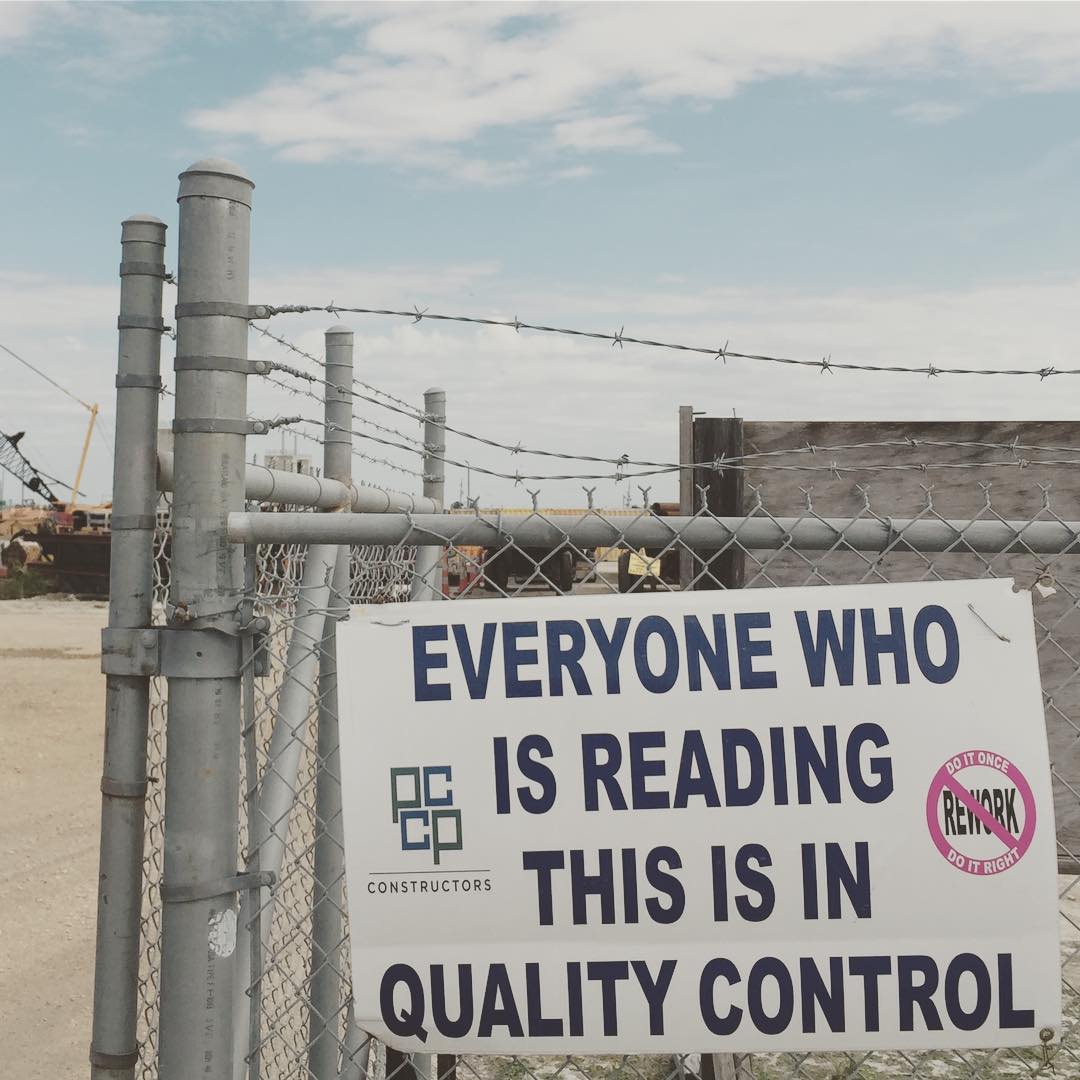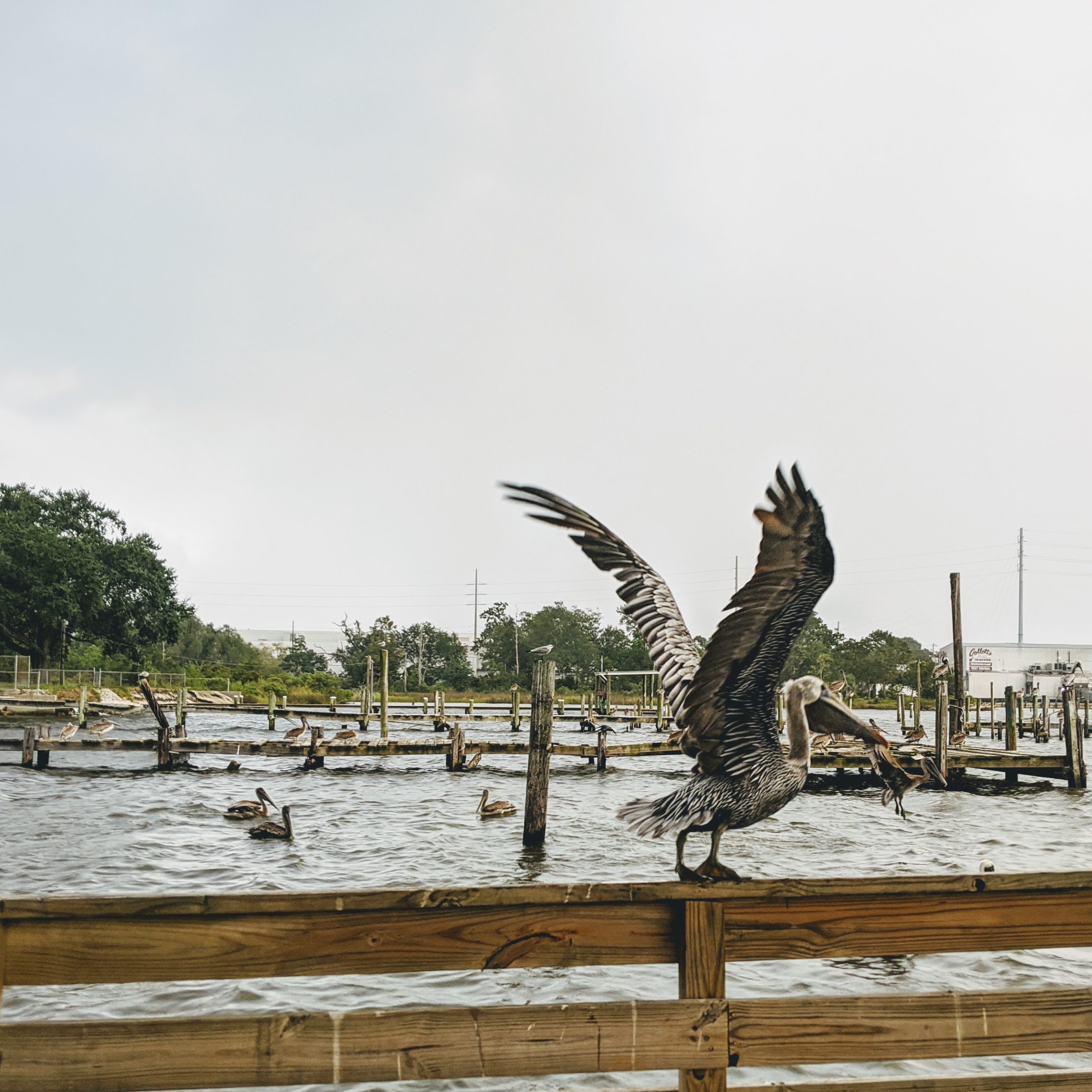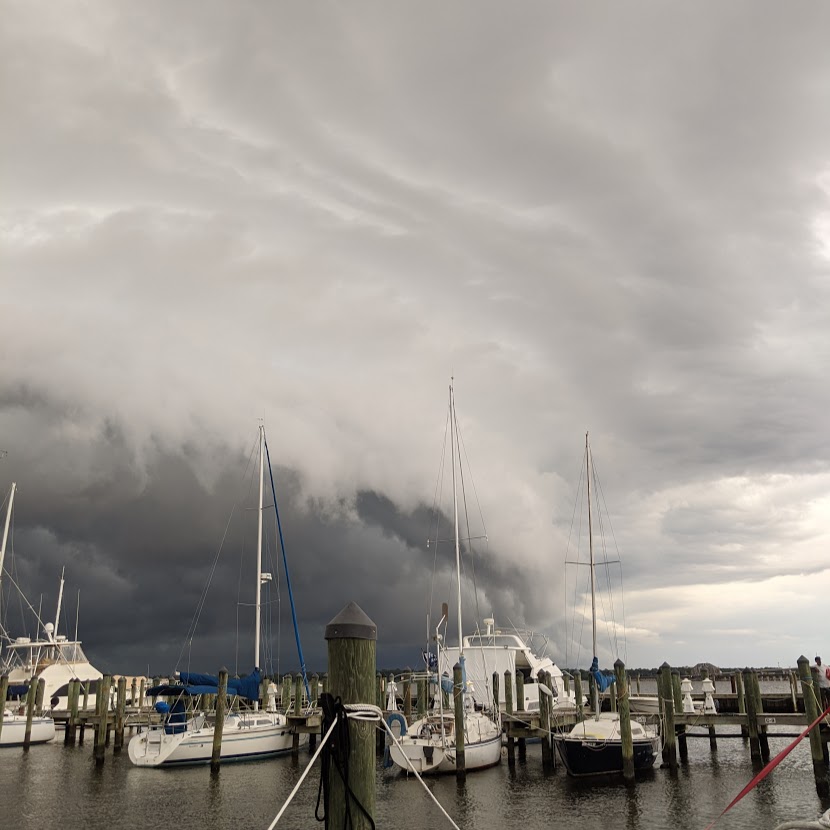Fain spent most of the summer of 2018 in Tulsa with Emma and Tim and his Oklahoma fam. While he was away, his small cabin became an oasis for Jack and me. We covered the port lights to block out the sun’s glare, and Jack propped a cumbersome window unit in the companionway. Thus, the space maintained a tepid but tolerable non-heat even during the afternoon’s most relentless beatings.
Outside, it was unbearably hot. My work had hit a lull, money was tight, and between the heat and the beat bank account, renovations had ground to a halt on the Shanti. Stress was high, and the news indicated we were all well and truly on our way to the end days.
I was well and truly on my way to despair and desperation.
On this day, I was sitting in the dark cabin, waiting out the heat. I hadn’t turned the television on because I couldn’t process any more tragedy. In the quiet, my brain proposed a question: What if this is all there is?
Maybe at first the question was a melancholy and rhetorical one. Maybe I meant: Really? After all that, this is all there is? What a joke! What a horrible farce of a show.
Seriously, I was depressed, and I get dark sometimes.
But then it became more philosophical and theoretical: What if this is all that existed in the world? Me in this dark, body-temperature cabin. What if I concerned myself solely with the things I can touch, the things I have some small modicum of influence over?
My despair and desperation stemmed from the insecurity of my existence. Too many things that impact me are beyond my control. The weather. Advanced capitalism. Other people. Other people’s despair and desperation. Corrupt politics and the environment.
In Sapiens, Yuval Noah Harari speculates that our forager ancestors weren’t gripped with anxiety the way modern people are because they lived day by day.
Agriculture and civilization necessitates imagining the future. Imagining the future means forecasting unforeseen risks – wars, famine, and potential threats to prosperity. Suddenly, we’re all thinking about frightening faraway places and distant but diabolical times as if we could control them.
But in most cases, we can’t.
While I’m astrally projecting myself into these worrisome other places and times that I have no control over, what’s happening to the immediate time and place that I do?
Possibly nothing, but that’s my best case scenario. How does spending hours worrying about imbeciles in Washington affect any change anywhere? How does worrying about an unpaid invoice generate money? How does bemoaning the heat make the cabin cooler?
Ever since, I’ve been working on adopting an arm’s reach policy towards my efforts. When I start to worry about things beyond my control, I turn my attention back to things within arm’s reach of me, things that I can – for certain – change.
Mostly, that’s me. Mostly, it’s me changing my attitude or me getting back to work or me cutting myself some slack.
Sometimes, it’s cleaning if I’m worried about the state of the Shanti, or it’s reaching out to a friend if I’m fearful that the world now consists of assholes exclusively. Sometimes, it’s writing another novel and calling it a lottery ticket or cooking a decadent meal because I want to feel like we’re more than getting by.
I forget sometimes, and I start to worry about big things, things above my pay grade. But I’ve gotten better about refocusing, and I’ve learned that small, meaningful improvements at the personal level have a much greater impact on the state of my world and my state of mind than worrying ever does.






Leave A Comment